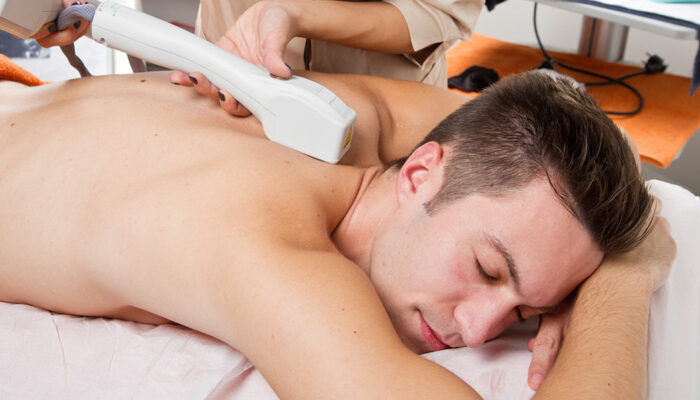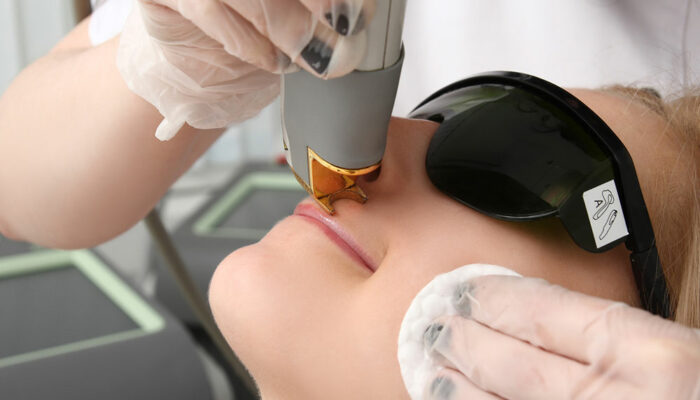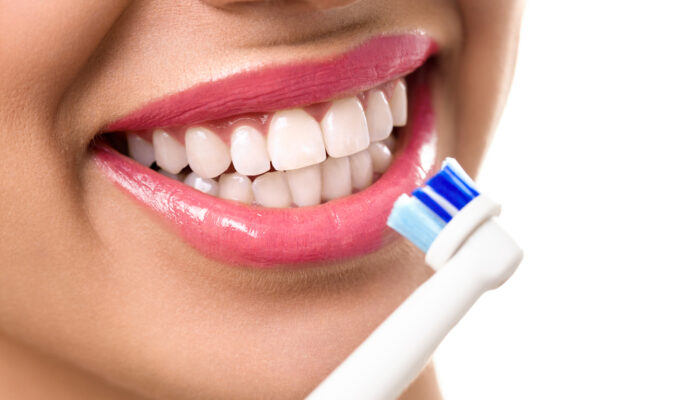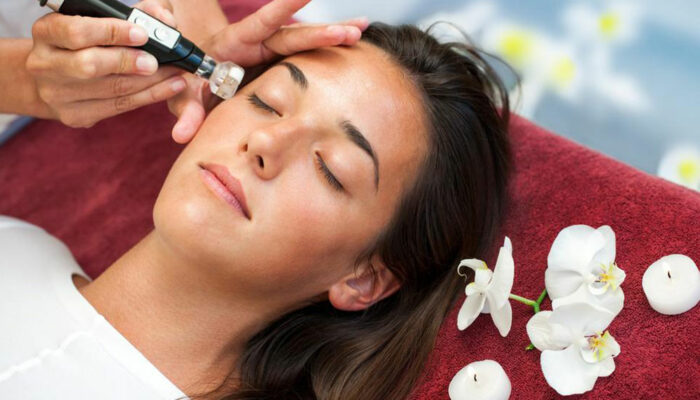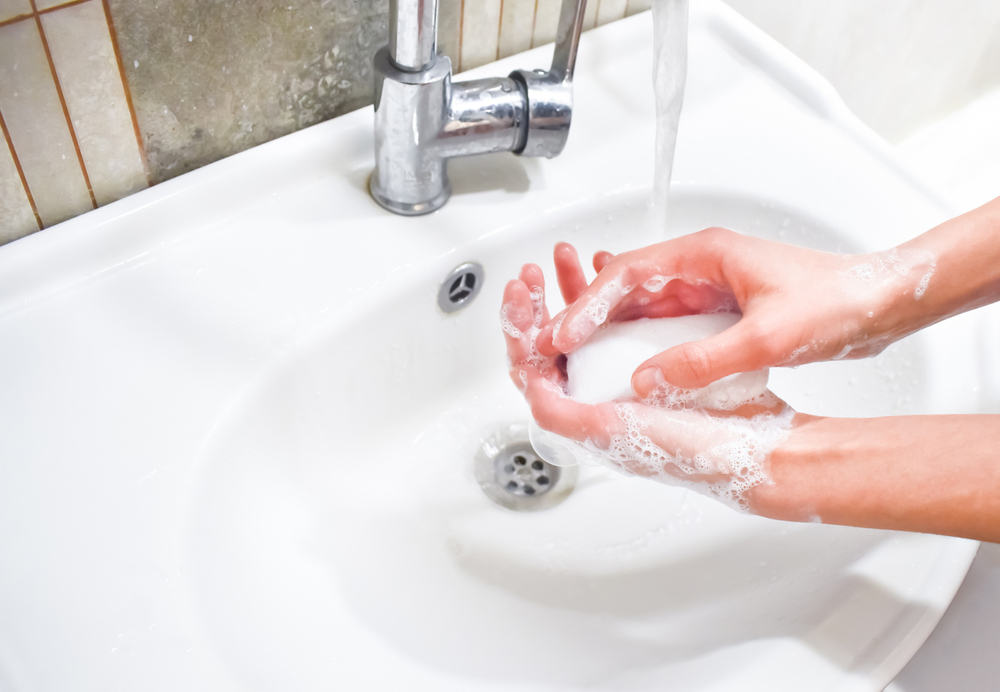
The Top Soaps that Trigger Eczema
Soap is essential for keeping your hands and body clean. However, eczema sufferers have to be careful about the type of hand soap and body soap that they need. The ingredients in many soaps can irritate your skin and make your eczema a lot worse. That is why it is important to read the ingredients before you purchase a soap. Below is an example of the types of soaps that you can avoid:
1. Soaps With essential and botanical oils
Botanical oils are extremely popular. The oils smell good, and many people think that they have healing properties. However, the botanical oils are an irritant. That is why it is best for you to avoid using them.
2. Propylene glycol based soaps
Propylene glycol frequently makes the list of worse skin care ingredients. Even if you are not allergic to this ingredient, it can still trigger eczema symptoms if you are exposed to it. In addition to watching the soaps that you use, you will need to check your medications, cosmetics and topical skin treatments. There are many people who could not figure out why they kept having eczema flare ups after using this product. They checked their soap and skin care products and found out that propylene glycol was the culprit.
3. Soaps with cocamidopropyl betaine
Cocamidopropyl betaine is an ingredient that is derived from coconut oil and commonly used to make soaps, lotions and shampoos thicker. However, this is a synthetic ingredient that can irritate your skin. There are several ways that it can worsen your eczema. It has a tendency to dry out your skin. Eczema sufferers naturally have drier skin. When your skin is dry, it has a tendency to overproduce oil to make up for the dryness. This can clog your pores, which can lead to acne and other skin issues.
4. Soaps with methylchloroisothiazolinone (MCI) and methylisothiazolinone (MI)
MCI and MI are common ingredients in many soaps. They have been shown to trigger eczema symptoms because they are both classified as allergens. In fact, MI and MCI are common skin allergens. There was a study done where people were asked to do a spot test on their skin. The study showed that 11.3% of the people had an allergic reaction to MI. Three percent of the subjects had an allergic reaction to the MCI.
5. Antibacterial soaps
People had been advised by healthcare professionals to use antibacterial soap for many years. However, antibacterial soap may be doing a lot more harm than good. There are many antibacterial soaps that have triclosan in it. Triclosan can cause a host of health issues, including allergies, eczema and asthma.
6. Strong fragrance soaps
There is a reason that strong fragrance soaps are popular. People like the way that they smell. However, the ingredients that make the soaps smell good can also make your eczema worse. Fragrances are a common irritant found within a vast majority of soaps.
